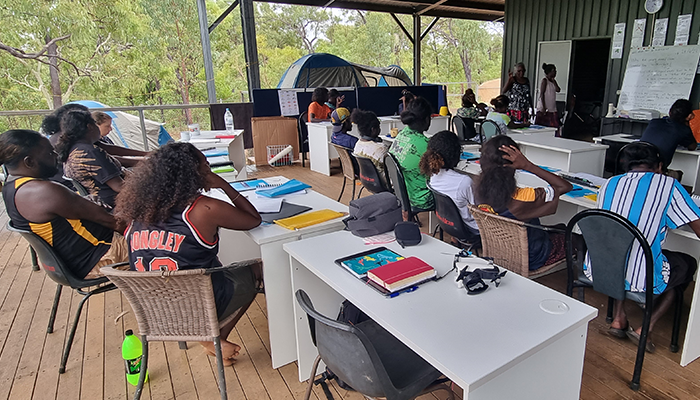Fruit flies, such as the Queensland fruit fly, are the most significant insect threat to Australia’s $12.9 billion horticultural industries, and increasingly threaten Australia’s major southern growing regions in South Australia, Victoria, New South Wales, Tasmania and Western Australia.
Over the past five years, significant investment has been made in development of the Sterile Insect Technique (SIT) through the Horticulture Innovation Limited ‘SITplus’ partnership. Millions of flies are produced in a factory, sterilised, and released in the field to prevent reproduction of pest populations and to eliminate outbreaks.
SIT is more effective if only males are released. While male-only ‘genetic sexing’ strains are available for some overseas fruit flies, this project aims to develop the technology for the Queensland fruit fly.
Partners at United States Department of Agriculture (Hawaii), Giessen University (Germany), and Insect Pest Control Section of the Joint FAO/IAEA Division of Nuclear Techniques in Food and Agriculture will lead efforts to identify genes in overseas species, while partners at CSIRO and South Australia Research Development Institute will lead efforts to reproduce these traits in Queensland fruit fly.
“Sustainable, environmentally benign approaches are urgently needed for management of Queensland fruit flies and to protect Australia’s fruit production and trade,” says lead researcher Professor Phil Taylor from Macquarie University’s ARC Centre for Fruit Fly Biosecurity Innovation.
“Producing male-only sterile fruit flies will be a far more efficient and cost-effective in the fight against this destructive pest.”
SITplus program coordinator Dan Ryan says millions of sterile flies were already being produced at a Port Augusta factory and released to support the prevention and reproduction of pest populations and outbreaks.
“Qfly costs the Australian horticulture sector $300 million per annum in lost markets by impacting production in two ways – damaging produce in the field leading to yield loss, and by affecting the market access or acceptability of the crops in international markets,” he says.
“This research is important because it has been shown that SIT is more effective if only males are released.”
Macquarie University Deputy Vice-Chancellor (Research) Professor Sakkie Pretorius says the research into fruit fly control technology is a powerful example of research with significant impact on industry and everyday Australians.
“As a world-leading research-intensive university, we are producing knowledge and solutions that help overcome some of the biggest challenges facing industry. This project promises innovative solutions to the threat of fruit fly on biosecurity and horticulture and thus helps Australia ensure its food security,” says Professor Pretorius.



